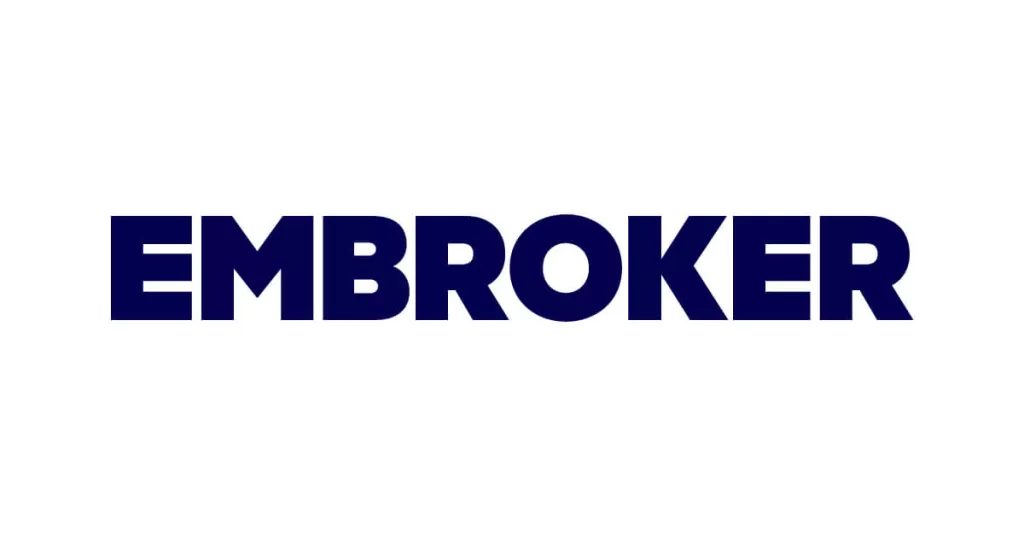Suppose startups are the kids of the business world. In that case, the latest Embroker report suggests they’re growing up fast when it comes to startup cybersecurity. Among the findings in the 2024 Cyber Risk Index? That 93% of startups now carry cyber insurance. This is an obvious sign of increasing maturity in addressing cyber risks. These newcomers are adopting cyber protections as a safety net and a strategic tool for financial gain. According to the report, this posture has helped secure funding and build trust among stakeholders. The report suggests the startup ecosystem seeks to balance resilience and simplicity in a dynamic cyber risk environment.
Cyber Insurance Adoption Rises
The report shows a steady increase in cyber insurance uptake. It was 90% in 2023 and 86% in 2022. This year, it stands at 93%. Some 48% of startups streamlined their approach by adding cyber coverage to existing policies, nearly doubling last year’s 26%. However, Comprehensive coverage fell to just 7%, a sharp decline from 27% in 2023, reflecting a shift toward more straightforward, accessible solutions.
Our further takeaways from the report follow; you can read it yourself here.

Funding and Operational Confidence
For founders, cyber insurance has become a technical safeguard vital for growth. Over 40% of startups reported that coverage made fundraising easier. Additionally, 41% cited enhanced attack-response services and compliance with customer and vendor needs as critical advantages.
Confidence in cyber risk mitigation and protection is at an all-time high. In the most recent year, 66% of founders believed their policies fully covered their risks. This is up from 55% in 2023 and just 30% in 2022. For the math challenge, that’s a 100% increase in just two years. Additionally, investments in cybersecurity infrastructure have bolstered confidence. Nearly 90% of startups employ dedicated teams or vendors to manage cyber threats.
Rising Cyber Threats
It will come as no surprise to our readers that the report highlights a growing cyber threat landscape. This year, 81% of founders reported experiencing a cyberattack. That is up from 78% in 2023 and 67% in 2022. The likelihood of facing a data breach, like a ransomware attack, remains high. Some 61% of startups consider it somewhat or extremely likely.
Geopolitical tensions, domestic ransomware attacks, and hybrid workforce vulnerabilities are key drivers of cybersecurity investments. Nearly a third (31%) of startups cited foreign relations as a primary influence, while 29% pointed to challenges in managing remote teams.
Evolving Technology Risks
Startups are also contending with risks tied to emerging technologies. Founders rank 5G networks, IoT devices, robotics, and biometric authentication systems among their top concerns. While 75% worry about AI-driven threats like deepfakes, other technologies pose more immediate risks.
Preparedness for AI-related challenges has improved. Confidence in combating AI threats rose to 82% this year, up from 76% in 2023. This progress reflects the widespread adoption of AI for risk assessments. Another key? Budgets dedicated to mitigating such risks.
Founder-Led Initiatives
Unlike other reports we’ve touched on that indicate detachment at a senior level, the C-suite and board-level founders are increasingly steering their startup cybersecurity strategies. External mandates for cyber insurance have lessened, with fewer investors and customers requiring coverage. Only 39% of founders reported investor mandates, down from 48% in 2023. Similarly, customer contract requirements dropped to 26% from 48% last year.
This autonomy allows startups to tailor protections to their needs, but challenges remain. Of the companies without cyber insurance, 46% cited policy requirements as an issue. This factor has overtaken high costs as the top concern among uninsured startups.
Looking Ahead
Most startups plan to adopt new cybersecurity protections in 2025. This reflects an ongoing focus on staying ahead of evolving threats. By combining streamlined insurance with robust defenses, startups are ready to navigate the complex cyber landscape.
As the business world’s youngest players, startups are demonstrating an impressive ability to adapt and thrive. The kids, it seems, are alright.
Other News: A Cybersecurity Startup Revolutionizing Cyber Insurance Underwriting(Opens in a new browser tab).
Other News: Emerging Details of Chinese Hack Leave U.S. Officials Increasingly Concerned.